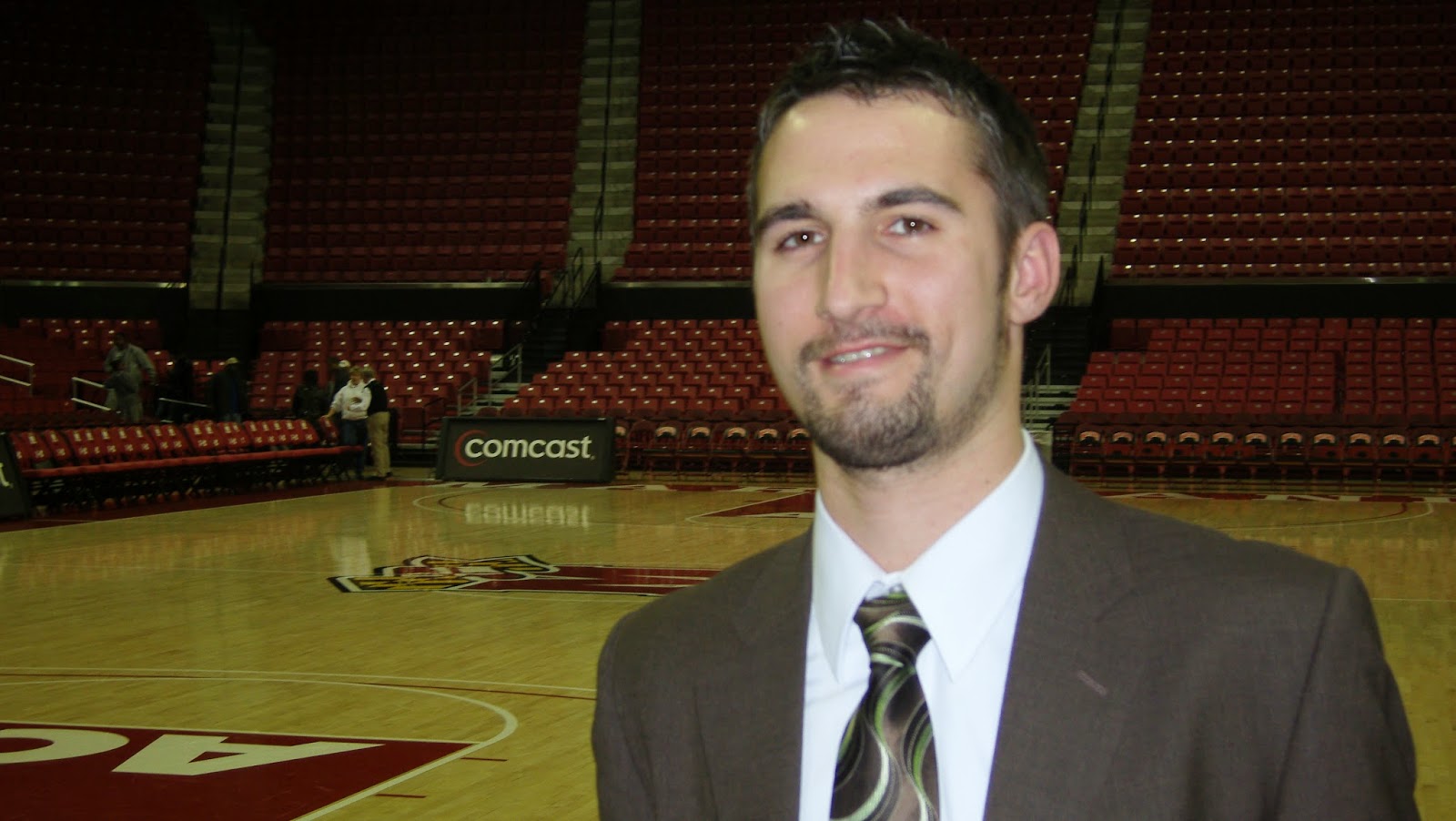Let's start off here near Houston, where a Sugar Land resident is facing a challenge from her homeowners association for displaying a set of Tyrannosaurus Rex figures in her front yard. The resident says "I knew I would trigger some response from the homeowners' association. That's a solid reason why I did it." The Houston Chronicle reports that the resident did not display the figures "simply to be a troublemaker but to draw attention to the ubiquity of homeowners' associations and what she considers their excessive control." The resident was likely made aware of the HOA's rules when they purchased their home, but this case provides an example of how restrictive HOA rules can be. Sugar Land as a municipality is zoned, unlike Houston, but zoning ordinances do not normally govern lawn ornaments. Even in unzoned Houston, HOAs can display a significant amount of force in regulating community design standards.
Aeon.com released a couple of essays this week addressing urban design and walkability. "Streets with No Name" from environmental psychologist and neuroscientist Colin Ellard states that "Boring cityscapes increase sadness, addiction and disease-related stress", asking "Is urban design a matter of public health?" The second essay, "The End of Walking" by Antonia Malchik, claims that "In Orwellian fashion, Americans have been stripped of the right to walk, challenging their humanity, freedom and health." This reference a nod to George Orwell's dystopian 1984. Malchik says she writes her essay from a place of privilege; the privilege of being able to meet most her family's needs by simply walking. This is something she cautions, most Americans might never have the luxury of doing.
An article at CityLab a few weeks ago presented a shocking statistic that nearly a third of Americans have never interacted with their next door neighbors. I suppose when we step back and think about the statistic, it's not all that shocking. We've continued to work longer hours, are commuting unreasonable distances each day for work, engage in hours of electronic and social media, and are designing and building homes and neighborhoods that shield us from social interaction. We know our neighbor's names, but I will confess, we do not know them as well as we'd like.
As the 10th anniversary of Hurricane Katrina passed last week, The Guardian asked "Is New Orleans in danger of turning into a modern-day Atlantis?" The article cites the growing amount of land in Louisiana that is sinking into the Gulf of Mexico, and the amount of land in New Orleans that is already below sea level. Earlier last month, New York Times Magazine featured an article about policing in New Orleans, and the recent attempts to privately fund patrols, specifically in the French Quarter.
The New York Times featured an article describing the slow process that Providence, Rhode Island has gone through in redeveloping the land that I-195 once occupied. It's something to consider here in Houston, and in other downtowns across the country, as cities recognize the scourge that highways are on downtown districts.
Up in Lansing, Michigan, there are efforts being made to beautify and redevelop parts of the Michigan Avenue / Grand River corridor. The focus is the bridge that carries US-127 over Michigan Avenue. As a project website lists, the "US127 bridge over Michigan Avenue between Howard Street and Homer Avenue is seen as a barrier at a pivotal juncture between the cities of East Lansing and Lansing." As a Michigan State University urban and regional planning student, I first viewed the bridge as a barrier. Thankfully, as the perceptions (and realities) of Lansing changed during my time at MSU, I ventured under the bridge to parts of Lansing. It's a project that is still looking for a bit of funding.
The Social Life of Small Urban Spaces by William Whyte is one of the more entertaining urban planning and design videos you'll watch. Whyte's humor and simplicity makes the video worthwhile.
The Social Life of Small Urban Spaces: William H. Whyte from Nelly Oli on Vimeo.
The National Park Service and other park non-profits are battling bottled water lobbies regarding the sale of bottled water in national parks. Since bottled water has been for sale in parks, administrators and visitors have seen an increase in litter. As a frequent hiker in Shenandoah National Park during my time in Virginia, I can attest that there is no worse sight than an empty water bottle floating down a mountain stream while I sit and look at bears, deer and other flora and fauna. Parks are battling back against the bottle lobby by providing reusable water bottles and the opportunity to sponsor filling stations throughout the park. As if water bottles are bad enough, certainly no one wants a pipeline right through the heart of Shenandoah.
BeltMag highlighted the growing popularity of competitively swimming across Lake Erie, and what it takes to cross the lake.
As vacation season comes to an end soon in many northern areas, it's helpful to understand the local economies of small tourist towns. For example, in Glen Arbor, Michigan, located in Michigan's Leelanau County, seasonal workers are essential. However, local businesses are burdened by the lack of affordable housing options for seasonal workers.
And finally, some research from my alma mater, Michigan State University. Researchers in the Linguistics Department completed research surrounding the use of the word "like" in conversation. Um, like, it may, like, make you not seem as smart. It reminds me of poet Taylor Mali's "Totally, Like, Whatever."























